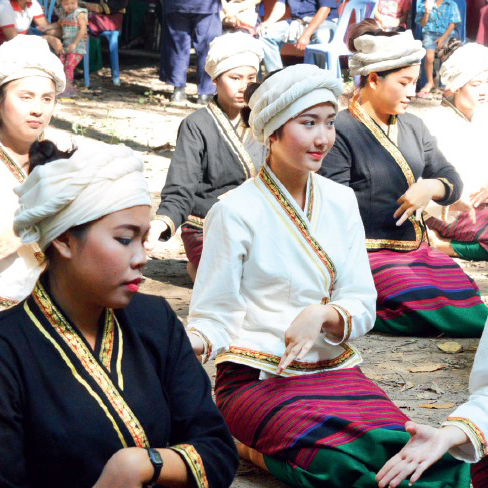งานวิจัยและบทความ

ป่าชุมชนในฐานะมรดกทางวัฒนธรรมที่จับต้องไม่ได้และพระราชบัญญัติป่าชุมชน พ.ศ. 2562
โดย จารุณี คงสวัสดิ์
เผยแพร่เมื่อ 7 มิถุนายน 2024
นโยบายและกฎหมายอนุรักษ์, มรดกภูมิปัญญาทางวัฒนธรรม
แหล่งจัดเก็บทรัพยากรต้นฉบับ
วารสารสยามสมาคม Vol. 110 No. 1 (2022)
ดาวน์โหลด
Community Forests as Intangible Cultural Heritage and the Community Forest Act of 2019
A community forest is a form of intangible heritage, created by a particular process of interaction between humans and nature. In Thailand, there are over 12,000 areas that have been created as community forests, and in total they cover more than 7.6 million rai (approximately 1.2 million hectares). The administration and governance of these areas has been the subject of conflict between the state and communities. A bill on the management of community forests was the first legislation under a new provision enabling the public to propose legislation to parliament. The bill went through repeated cycles of redrafting, and was finally passed in 2019. Communities have expressed dismay at the provisions of this legislation. At the root of this dispute are disagreements both over the rights to land and over the qualifications for managing such intangible heritage. In brief, the state claims rights of ownership and control over the land on grounds of historical precedent and its responsibility to protect areas designated as forest, while communities claim rights of ownership on management on grounds of their role in the creation of this intangible heritage.